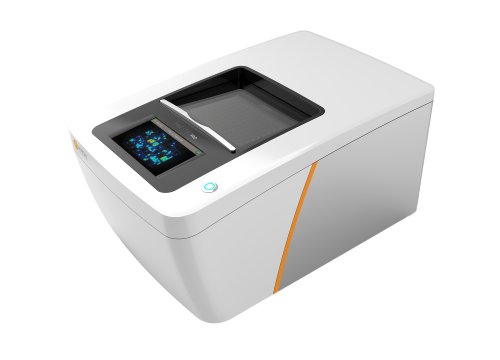Authors: Yanru Ji, Xiaoling Chen, Zhen Wang, Connor Joseph Meek, Jenna Lillie McLean, Yang Yang, Chongli Yuan, Jean-Christophe Rochet, Fei Liu and Ranjie X
Molecular Psychiatry, 02 May 2025
Scientists use Maestro MEA to evaluate a human pluripotent stem cell (hPSC) vascularized neuroimmune organoid model of Alzheimer’s disease.
Most Alzheimer’s disease (AD) models focus on the rare familial form (fAD), leaving sporadic AD (sAD)—which accounts for over 95% of cases—largely underrepresented. The persistent gap between preclinical findings and clinical outcomes underscores the limitations of rodent models and emphasizes the urgent need for more physiologically relevant human-based systems. In this study, researchers present a human pluripotent stem cell (hPSC) vascularized neuroimmune organoid model and use sAD patient brain extracts to induce AD pathologies in an effort to study AD and facilitate therapeutic development.
In addition to structural and proteomic changes demonstrated by the authors, Axion BioSystems’ Maestro MEA system was used to assess organoid functionality and response to treatment with sAD patient brain extracts. The findings showed that organoids treated with sAD extracts exhibited significantly decreased overall activity and burst frequency, reflecting increased cell death and synaptic loss as evident via increased Caspase3+ cells and decreased Homer1 puncta, respectively. Overall, according to the authors, “our innovative vascularized neuroimmune organoids present unique opportunities to model sAD and advance drug discovery for AD.”


